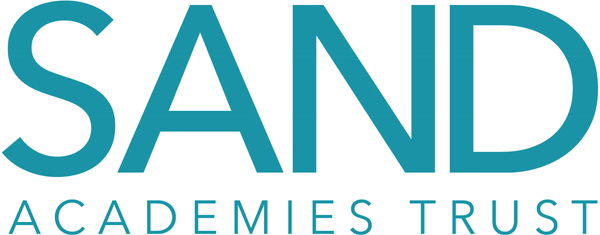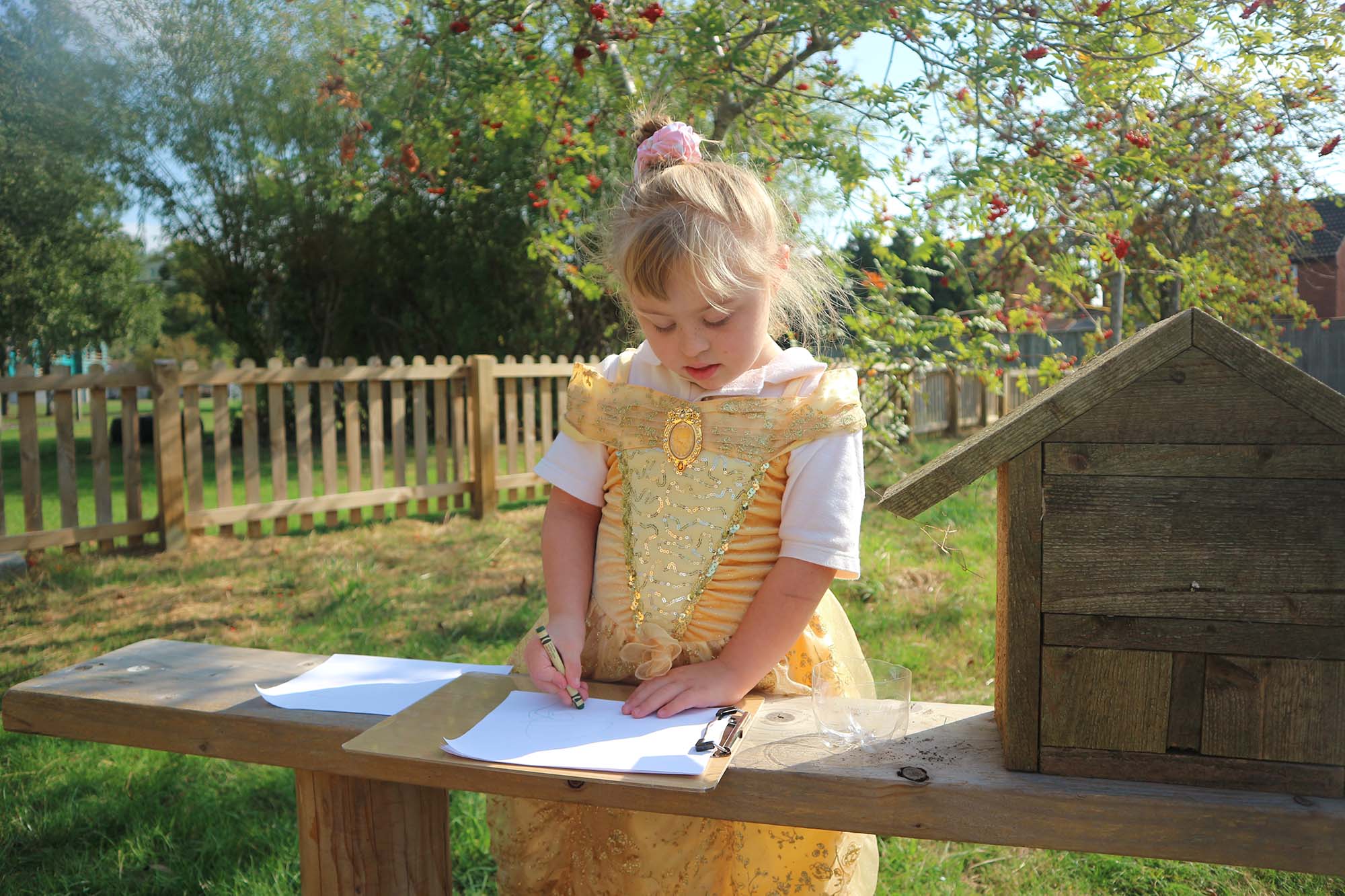Early Help
Providing early help is more effective in promoting the welfare of children than reacting later. Early help means providing support as soon as a problem emerges, at any point in a child’s life, from the foundation years through to the teenage years. Early help can also prevent further problems arising, for example, if it is provided as part of a support plan where a child has returned home to their family from care.
Effective early help relies upon local agencies working together to:
- identify children and families who would benefit from early help;
- undertake an assessment of the need for early help; and
- provide targeted early help services to address the assessed needs of a child and their family which focuses on activity to significantly improve the outcomes for the child.
‘Working Together to Safeguard Children (2015)’ guidance re-emphasises the collective responsibility placed on all agencies – including schools – to identify, assess and provide effective targeted early help services. An aim is to ensure that professionals are clear when it is their responsibility to help children and families as problems emerge from families living in difficult circumstances.
When involved in assessing needs the school will, where possible, seek to obtain the views of the child about their experiences, and will ask for their thoughts and feelings about their circumstances. Assessments will also include as much information as possible about the family history, needs, risks and strengths. This should lead to sound conclusions and outcomes, based on a good analysis of the information.
The school’s Family Support Team are central to the school’s commitment to support young people and families, signposting families to offers of Early Help to avoid an escalation of issues. The team aims to provide help as soon as problems start to emerge, or when there is a strong likelihood that problems will arise in the future.
The Family Support team currently facilitate:
- signposting families to other support services and agencies
- pastoral support
- organising coffee mornings and workshops where parents can share experiences and make friends.
- maintaining a parent support page on Facebook
- providing details of Out of School and holiday activities
Contacts: Nikki Hendry and Deb Arthur
School attendance is monitored by the school’s attendance officer Deb Arthur, who is available to support families when necessary.
Pupils whose needs require unexpected additional targeted support at any time are reviewed by the school’s Safeguarding Team. Meetings are held at least fortnightly.
Where a higher level of assessment and support for families or the professionals helping them is required, contact should be made with one of six Early Help Partnerships across Gloucestershire. These are made up of representatives of services who decide the help that’s needed and offer advice, guidance and support to practitioners. These groups are supported by Families First Plus teams in each District. Click Here for details of the of the six Early Help Partnerships.



